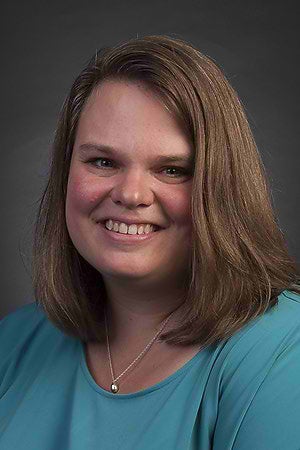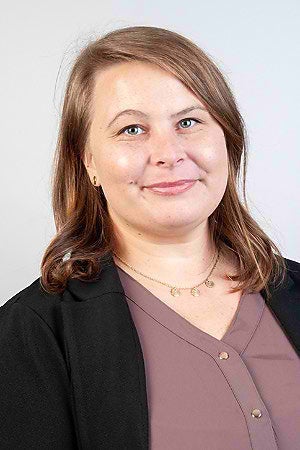Cervical Cancer Screening
Cervical Cancer Tests
Cervical cancer can be prevented. This gynecologic cancer develops gradually, and by performing regular Pap smear tests, the gynecologists and primary care practitioners at Bassett Healthcare Network can find precancerous changes in cervical cells before they become cancerous.
With the Pap test, or cervical Pap smear, a specialist collects a sample of cervical cells and examines them under a microscope. If abnormal cells are found, further tests can be ordered, such as the HPV test. The HPV test looks for human papillomavirus, an infection known to be a risk factor for developing cervical cancer. Most cases of cervical cancer can be traced to an HPV infection.
When to Get a Pap Smear
Bassett Healthcare Network offers these guidelines to test for abnormal Pap smears for the following age groups:
- Women 21 years of age should get their first Pap screening. If the results are normal, they should repeat the test every three years.
- Women ages 30 to 65 should have a Pap test every five years along with an HPV test, or just a Pap smear test every three years.
- Women 65 or older may be able to stop their cervical cancer screening, depending on the advice of their primary care practitioner.
- At all stages, more frequent screenings may be recommended, depending on previous test results, as part of a tailored cancer care plan.
The Pap Smear Procedure
During your cervical cancer screening at Bassett Healthcare Network, a specialist will swab the surface of your cervix to collect a sample of cells. The sample will then be sent to a lab for testing. Depending on the results, an HPV test may be ordered for further testing.
Cervical cancer screenings are painless, but you may experience mild discomfort and spotting afterwards.
Schedule a Cervical Cancer Screening
A Pap smear can detect abnormal, precancerous cells before they develop into cancer. Ask your primary care practitioner to schedule your Pap test, or call 1-800-BASSETT. If you are uninsured or underinsured and 40 to 64 years old, contact the Cancer Services Program to find out if you may be eligible for free cervical cancer screening.
Bassett Healthcare Network supports local women by providing cervical cancer screenings in Central New York, including Cooperstown, Oneonta, Cobleskill, Herkimer, Little Falls, and the surrounding areas.







